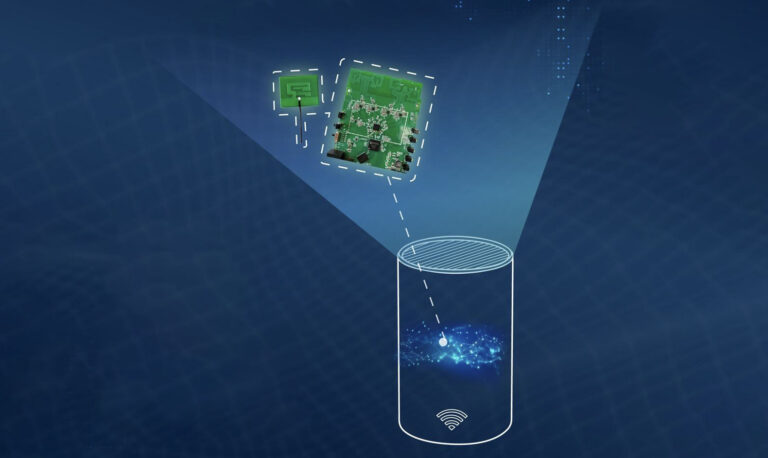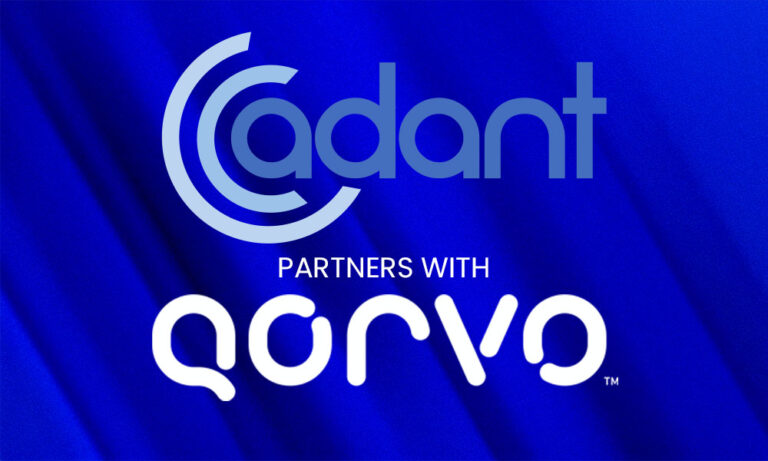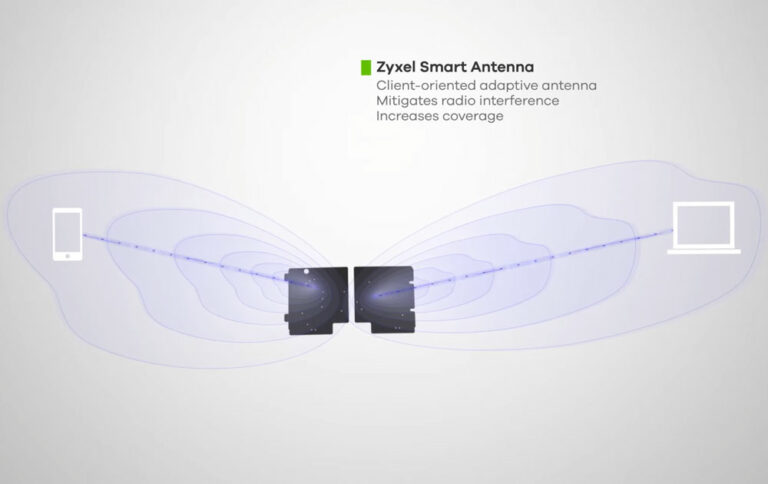Adant, a wireless technology company, is excited to announce its participation in the HOLDEN Project, a groundbreaking initiative funded by the European Union.
The project addresses the pivotal challenge of ubiquitous perception through the sensing of objects, subjects, and gestures. This technology promises personalized services such as smart living, automated logistics, and interaction via free-space gestures. However, it also poses ethical and privacy concerns.
HOLDEN introduces a novel approach to perception by thoroughly analyzing ethical constraints and privacy risks while rethinking RF-based sensing.
The project aims to establish necessary conditions for privacy-preserving and ethically compliant sensing, developing new paradigms that respect these constraints.
For the first time, HOLDEN focuses on the social aspects of RF-sensing to guide technological advancements and derive technologies that comply with ethical and privacy standards.
Central to HOLDEN is the development of these constraints, which will inform the creation of privacy and ethically compliant RF-based perception concepts.
A distributed multi-antenna system for simultaneous multi-target recognition and ubiquitous perception will be developed, marking a shift from a technology-centric to a privacy-centric approach.
HOLDEN’s objectives are achieved through three high-risk, complementary, and privacy-centric paths:
- Continuous-space measurement points: Radio-based 3D vision via holographic image processing of RF wavefronts.
- Discrete-space measurement points: Advanced 3D beamforming for human-scale recognition and tracking using dense, massively connected antenna arrays.
- Signal processing and learning: High-dimensional tensor processing to distinguish complex activities and motion from massive-dimensional RF data.
The breakthrough approaches and algorithms will be benchmarked in scenarios involving logistics, smart living, and free-space interfaces.
These scenarios will evaluate the technology’s impact on privacy and ethics, as well as its compliance with the General Data Protection Regulation (GDPR).
HOLDEN also explores public acceptance of novel sensing-based technology, stimulating public awareness and considering social interactions, privacy threats, and ethical implications.
This comprehensive analysis will lead to privacy and ethically compliant concepts for RF-based perception, ensuring the technology respects the fundamental rights outlined in the EU Charter of Fundamental Rights (CFR-EU).
Adant collaborates on the HOLDEN project with esteemed partners including Aalto University, Consiglio Nazionale delle Ricerche, Politecnico di Milano, Technical University of Munich, and University of Twente, aiming to drive the next generation of ethically and privacy-conscious RF-sensing technology.





